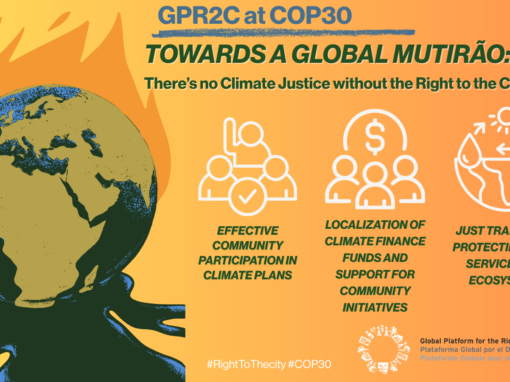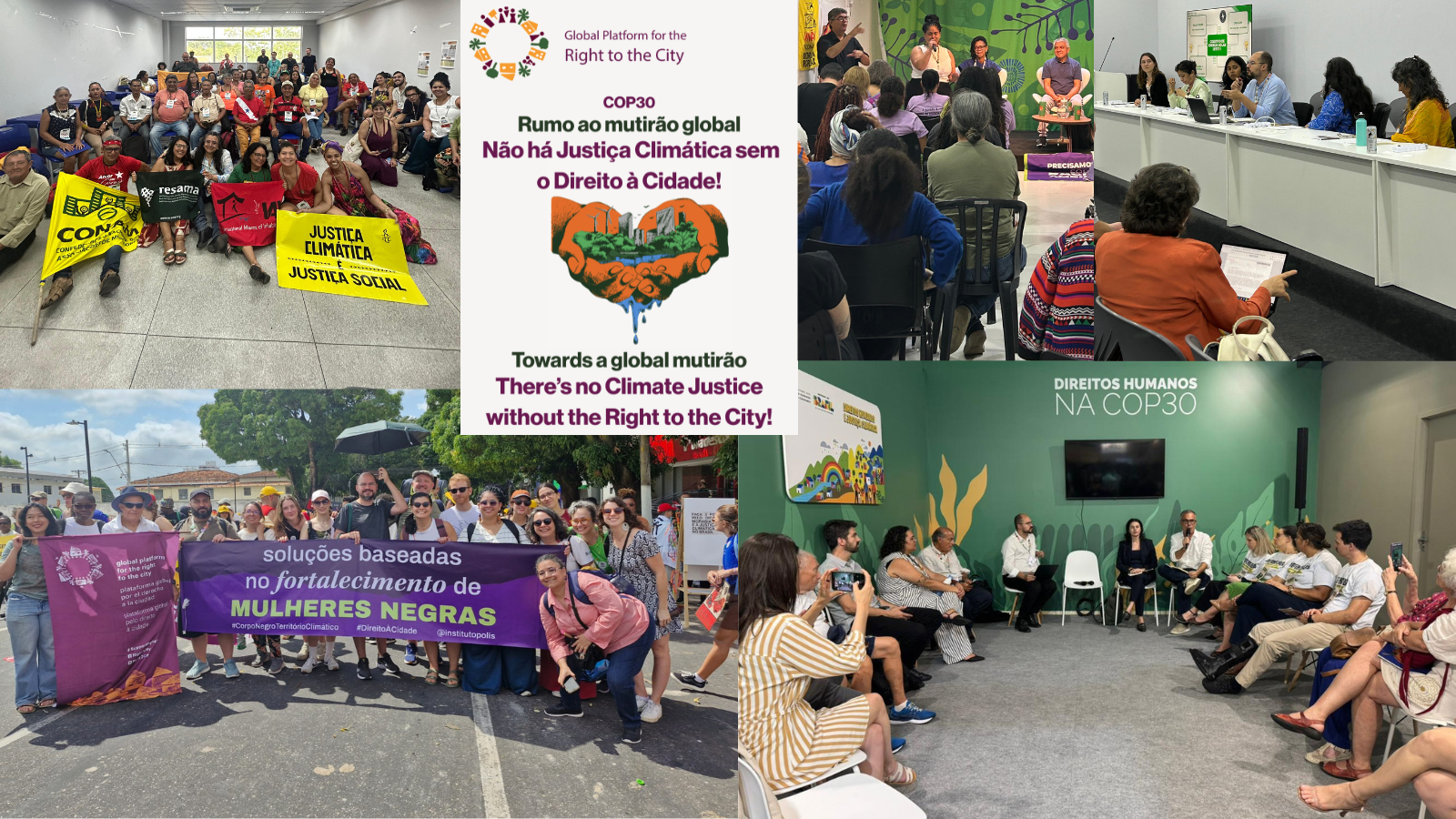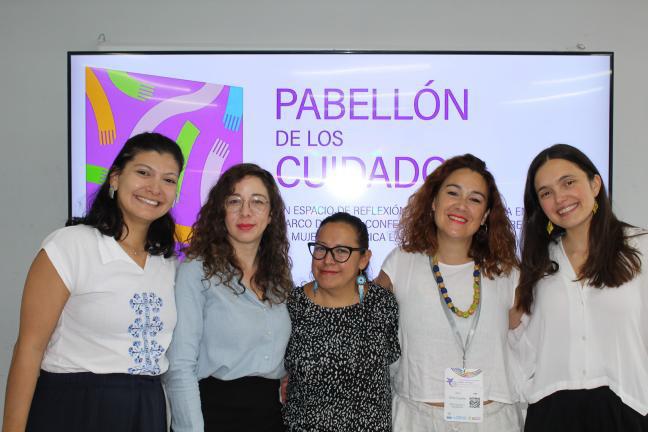The adoption of the Right to the City in New Urban Agenda was advocated in all informal hearings preparatory to Habitat III (United Nations Conference on Housing and Sustainable Urban Development), which took place on June 6th and 7th (UN, New York).
Yesterday (8) began the round of informal intergovernmental negotiations of the New Urban Agenda, in which representatives of most countries were present and Mexico and Philippines confirmed as co-facilitators of the negotiation.
According to Nelson Saule (Polis Institute), the Brazilian government issued a statement in defense of the Right to the City. The trend in G77 is to keep the paragraph 4 writing in Quito Declaration “We are committed to achieving the concept of cities for all, which in some countries is set to Right to the City.”
Brazilian civil society expressed in an letter released with reviews of the NUA, contrary to incorrect association of the Right to the City to the idea of a “city for all”. According to the letter, “the concept of ‘city for all’ emerged only recently and is primarily related to the dimension of equality and non-discrimination in the cities; while the concept of right to the city has been built over several decades from a grassroots movement, and reaffirms the sense of the city as a common good. ”
A massive campaign on Twitter and Facebook networks, mobilized by civil society during June 6th and 7th, claimed the inclusion of the Right to the City in the New Urban Agenda.
According to Saule, there was little participation of national governments representatives in the informal hearings, which expresses the difficulty of civil society and local governments to be heard by national and international levels.
Members of civil society claim to have important role in the drafting of the New Urban Agenda, and claim the expansion of participatory spaces and for their contributions to be incorporated by national governments.





